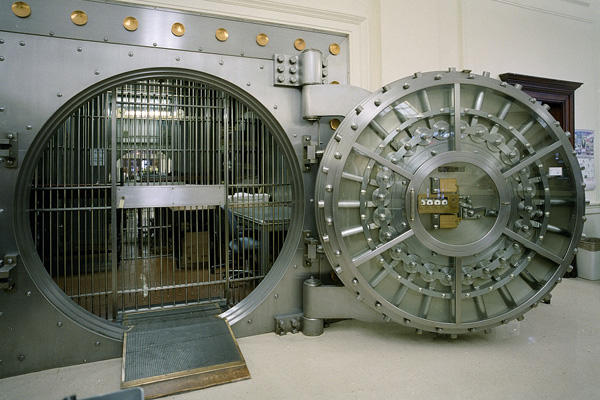Low interest rates have been news for a couple of years now. Yes, rates have moved up recently from their historic lows but they're still a bargain. If you find yourself paying attention to interest rate advertisements a bit more than you used to, it's probably because you're thinking of refinancing your current VA loan or getting ready to buy and finance a new property using your VA home loan benefit.
Yet regardless of the endless advertisements for this rate or that rate, none of the rates are doing you any good. You have to lock that rate in with a lender.
What's a VA Rate Lock?
It's important to note here that the Department of Veteran's Affairs, or the VA, doesn't set VA mortgage rates; lenders that approve VA loans do. That said, an interest rate lock is a guarantee that your rate will not move up or down while your loan is being processed.
Interest rates can change daily and in times of extreme market volatility rates can move up or down in a single day. If you're following rates closely during such times you can almost get a neck sprain!
But an interest rate lock spares that hassle and let's you move on to other phases of the loan approval process. Locking in your rate is something that you will request directly with the lender, the lender won't lock you in without your permission and until you do in fact lock, your rate is subject to the whims of the market.
This means if you don't lock in your rate then rates may move up so much that you no longer qualify for the loan amount you're requesting.
Lock Rules
As lenders set their own VA mortgage rates they also set their own locking guidelines. Lender policy on interest rates can vary slightly from one to another but there are a few basic rules that most follow.
First, the lender will require that you have a loan application on file with them and a property specified. Borrowers aren't able to call multiple lenders on different days and lock in an interest rate over the phone without an application on file.
If you do have an application at the lender and a property specified, then you do have locking privileges. It's up to you to check with the lender each day to see where interest rates are. Some loan officers at VA lenders may call you with rate updates from time to time but typically they're not obligated to.
Interest rate locks protect you should mortgage rates go up while your loan is in process and lenders will ask that you lock in your loan for a period long enough to process, approve and send your loan papers to closing.
Lock periods can be as short as five days up to 60 days or longer but the further out you need a lock, the more expensive it will get. A VA loan might be at 4.00 percent with no points for a 10 day lock but 4.00 percent with one point for a 30 day lock, for example.
Okay, so you're protected should rates go up. What if they go down after you've locked?
Float Downs
If rates move down after you've locked in, there's not a lot you can do. Your rate is locked regardless of any future rate movements.
However, some lenders will allow for a one time "float down" to a lower rate should interest rates move dramatically downward during your lock period. A lender won't typically agree to a float down unless market rates have moved downward by one-quarter of a percent or more. Slight reductions in rates will have little impact.
When you apply for a mortgage, the lender will provide you with a copy of their lock policy. Read it carefully and ask any questions in advance. There's a lot of paperwork in a VA loan and the lock policy is an important one.











